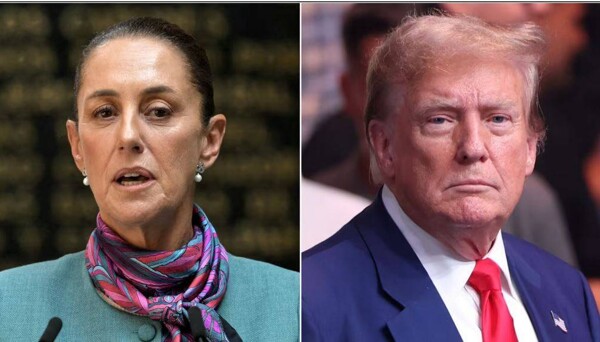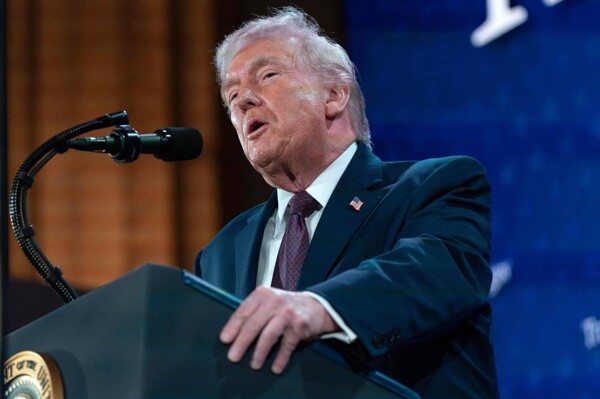
The regulation of artificial intelligence (AI) in the United States has become a central topic of debate, and the impact will be enormous. Its stance resonates with the concern that unilateral regulation may affect American competitiveness on the global stage. The reality is that regulating AI is a complex challenge.
Some key areas for regulation include security and autonomous weapons, data protection and privacy, as well as transparency and accountability. Preventing the misuse of AI in weapon systems is a critical priority for global stability. Establishing clear standards regarding the use of personal data in AI to prevent abuses is also essential, as is requiring AI systems to be explainable and accountable for automated decisions.
It is necessary to avoid regulations that limit innovation and technological development. To remain competitive and secure, the country must consider fostering investment in research and development, international collaboration on shared regulatory frameworks with allies, and a flexible regulatory approach based on general principles that allow for innovation without compromising safety.
In a recent report, the Center for Security and Emerging Technology warned that limiting AI without a coordinated global strategy could jeopardize the technological competitiveness of the U.S. The right strategy must balance human safety with innovation so that countries like the United States lead the development of this key technology for the future, preventing leadership from being taken by nations or companies that could pose greater risks to the world.
As Marc Andreessen mentioned, excessive and premature regulation could stifle innovation and give an advantage to nations like China that advance without restrictions. Elon Musk has been an advocate for proactive regulation, arguing that AI represents an existential risk to humanity. It is essential to clearly define which aspects can and must be regulated to avoid competitive disadvantages against less scrupulous actors.
In summary, regulating AI is necessary, but doing so unilaterally and excessively could be a sentence of delay for the American tech industry and global democracy. It is crucial to find a balance that allows innovation while protecting the values and safety of society in a scenario where AI is transforming all industries and creating new superpowers.














